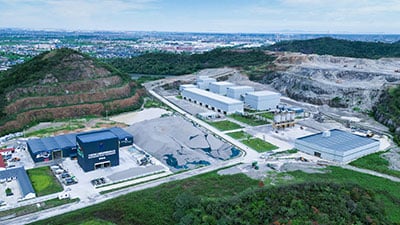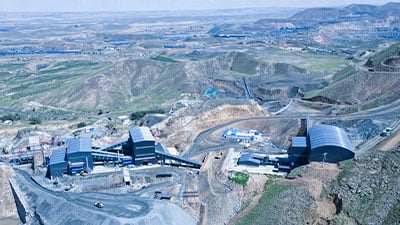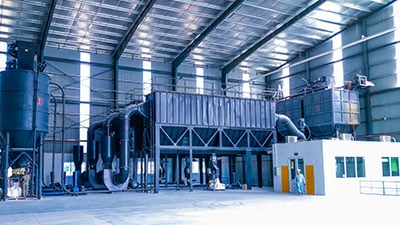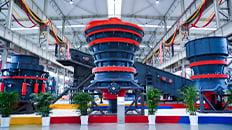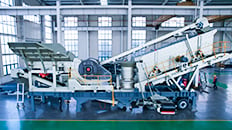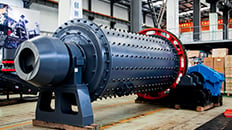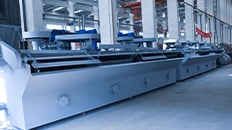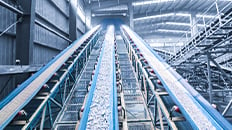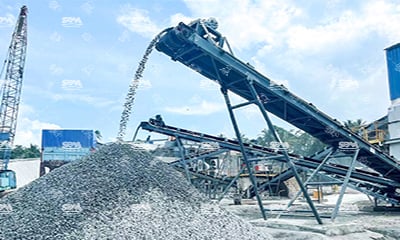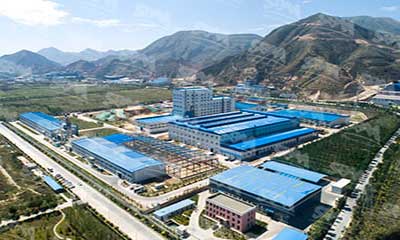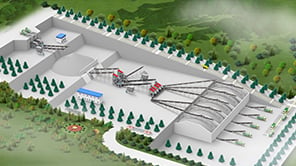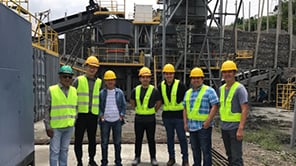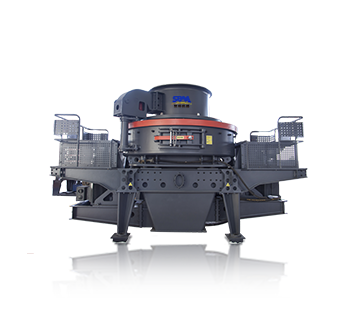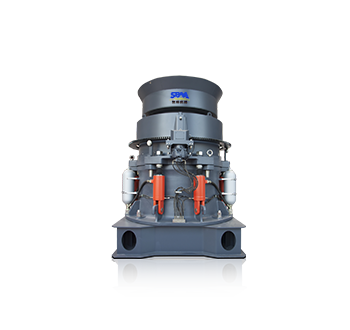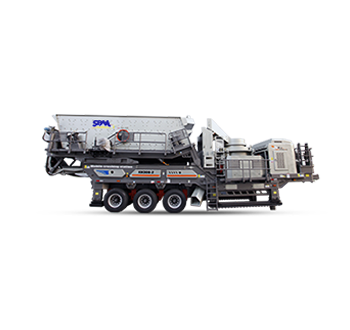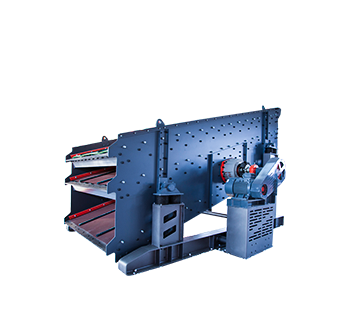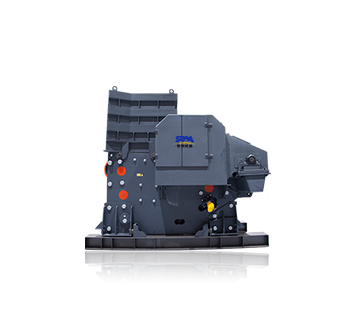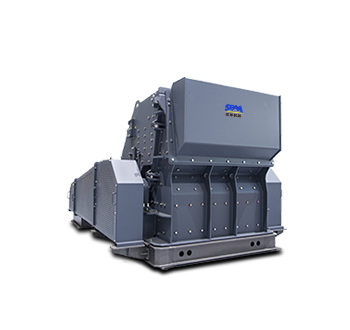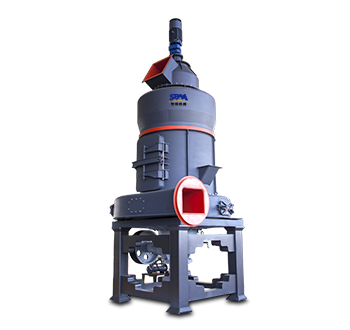Summary:In this article, we will address six frequently asked questions about cone crushers, providing detailed insights into their operation, maintenance, and applications.
Cone crusher is vital equipment in various industries, particularly in mining, construction, and aggregate production. Their ability to crush materials efficiently makes them a popular choice for operations requiring high production rates and consistent product quality. In this article, we will address six frequently asked questions about cone crushers, providing detailed insights into their operation, maintenance, and applications.

1. What is a Cone Crusher and How Does It Work?
1.1 Definition
A cone crusher is a type of compression crusher used by aggregate, mining, and recycling industries to crush various types of rocks and materials. It is characterized by its conical shape, which allows for the crushing of materials in a controlled manner.
1.2 Components of a Cone Crusher
The main parts of a cone crusher include the fixed cone liner, movable cone liner, transmission shaft, adjustable discharge opening, frame, and eccentric bush or shaft. The fixed cone and movable cone make up the crushing chamber where ores are broken into smaller pieces via the squeezing and rubbing actions between the two cones.
1.3 Working Principle
The working principle of a cone crusher is based on the concept of compressive force. As the material enters the crushing chamber, the mantle moves in a circular motion, causing the material to be crushed against the bowl. The size of the output is controlled by adjusting the gap between the mantle and the bowl, allowing for various sizes of crushed material.
1.4 Types of Cone Crushers
HTP Multi-cylinder Hydraulic Cone Crusher: HTP adopts the laminated crushing principle to achieve simultaneous crushing and discharging. Its multi-cylinder hydraulic system adjusts discharge opening easily and achieves flexible combinational crushing according to particle size of crushing materials. It features strong crushing force, high production efficiency and crushed particle ofgood shape.
HST Single-cylinder Hydraulic Cone Crusher: HST series single-cylinder hydraulic cone crusher chooses welded steel castings and integrates two classic crushing modes. The eccentric shaft adopts hydraulic pressure overload protection device to prolong service life. The hydraulic adjusting system enables adjusting discharge port remotely and conveniently.
Spring Cone Crusher: Spring system provides safety protection, absorbs pulses and vibrations, and takes crushing cavity clearing conveniently. The hydraulic lubrication system offers reliable oil supplying. Equipped with electrical system, it automates the work processes and improves efficiency. The overload protection system prevents machine damage.

2. What Are the Advantages of Using a Cone Crusher?
2.1 High Efficiency
Cone crushers are known for their high efficiency and productivity. They can handle a wide range of materials and produce a consistent output size, making them ideal for various applications.
2.2 Versatility
These crushers can be used in both primary and secondary crushing applications, allowing operators to switch between different types of materials without needing to change equipment.
2.3 Low Operating Costs
Cone crushers generally have lower operating costs than other types of crushers. Their efficient design minimizes wear and tear on components, leading to reduced maintenance and replacement costs.
2.4 Better Product Quality
The design of cone crushers allows for the production of high-quality aggregates with a more uniform shape and size. This is particularly important in applications where product quality is critical.
2.5 Safety Features
Modern cone crushers come equipped with advanced safety features, such as hydraulic overload protection and automated control systems, enhancing operational safety for personnel.
3. How Do You Maintain a Cone Crusher?
3.1 Regular Inspections
Regular inspections are crucial for identifying potential issues before they escalate. Operators should check for wear on the mantle and bowl liners, as well as any signs of leakage in the hydraulic system.
3.2 Lubrication
Proper lubrication is essential for the smooth operation of a cone crusher. Operators should ensure that the lubrication system is functioning correctly and that the oil is clean and at the proper level to prevent overheating and wear.
3.3 Adjusting the Crusher
To maintain optimal performance, the gap between the mantle and the bowl should be regularly adjusted based on the size of the material being processed. This ensures that the crusher is operating within its ideal parameters.
3.4 Cleaning
Keeping the crusher clean is important for preventing material buildup and ensuring efficient operation. Regular cleaning of the exterior and interior components can help maintain performance and extend the life of the equipment.
3.5 Replacing Worn Parts
Worn components, such as liners and bearings, should be replaced promptly to prevent further damage to the crusher. Operators should maintain an inventory of spare parts to minimize downtime during maintenance.
4. What Materials Can Be Processed by a Cone Crusher?
4.1 Hard and Abrasive Materials
Cone crushers are particularly effective for crushing hard and abrasive materials, such as granite, basalt, and quartzite. Their robust design allows them to withstand the rigors of processing tough materials.
4.2 Medium-Hard Materials
These crushers can also handle medium-hard materials, including limestone and sandstone. The versatility of cone crushers makes them suitable for a wide range of applications.
4.3 Recyclable Materials
Cone crushers are used in recycling applications to process materials like concrete and asphalt. They help reduce waste and produce high-quality recycled aggregates for use in construction.
4.4 Non-Metallic Minerals
In addition to traditional aggregates, cone crushers can be used to process non-metallic minerals such as gypsum and talc, expanding their application range.

5. What Are the Common Applications of Cone Crushers?
5.1 Mining Industry
In the mining sector, cone crushers are used for crushing ore and extracting valuable minerals. Their ability to handle large volumes of material makes them ideal for large-scale mining operations.
5.2 Construction and Aggregates
Cone crushers are widely used in the construction industry for producing aggregates. They provide high-quality crushed stone for use in concrete, asphalt, and road construction.
5.3 Recycling Operations
In recycling, cone crushers are employed to process waste materials into reusable aggregates. This helps reduce landfill waste and promotes sustainable construction practices.
5.4 Industrial Applications
Cone crushers are also utilized in various industrial applications, such as the production of glass, ceramics, and other materials, demonstrating their versatility beyond traditional crushing roles.
6. What Should You Consider When Choosing a Cone Crusher?
6.1 Material Characteristics
Before selecting a cone crusher, it is essential to consider the characteristics of the material to be processed. Factors such as hardness, abrasiveness, and moisture content can influence the choice of crusher.
6.2 Production Requirements
Operators should assess their production needs, including the desired output size, capacity, and throughput. This information will help determine the appropriate size and model of the cone crusher.
6.3 Operational Environment
The operational environment can impact the performance of a cone crusher. Factors such as temperature, humidity, and the presence of dust should be considered when selecting equipment.
6.4 Maintenance and Support
Choosing a manufacturer that offers comprehensive maintenance and support services is crucial for ensuring the long-term reliability of the cone crusher. Operators should inquire about warranty options and available spare parts.
6.5 Cost Considerations
Finally, operators should evaluate their budget and consider the total cost of ownership, including purchase price, operating costs, and maintenance expenses. This analysis will help ensure a cost-effective investment.
Cone crusher is essential equipment in various industries, offering high efficiency, versatility, and cost-effectiveness. Understanding the key aspects of these machines—such as their operation, maintenance requirements, and applications—can help operators make informed decisions and optimize their processes.

